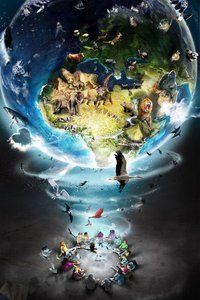Full moon morning! You are able to see both sides of an issue, and they are mutually exclusive! Give each side their due, and avoid taking positions. You are carefully and thoughtfully assembling a plan that brings success. Be sure that every part is in place. Slow and steady wins the race now that Taurus is the boss of the skies. If you run around wildly, you’ll be gently put in your place. No rushing things, and no skipping steps. The goal has been found and it’s time to stabilize the project. An Wang said “Success is more a function of consistent common sense than it is of genius.” Use your common sense today.
The daily astrology post affects everyone. Because individual charts vary, the circumstances outlined in the post will affect people differently. Some will feel this energy in the personal arena, some in finances, some with children or family, some in work and so forth. There are many departments of life. Look to see where the dynamic affects you!

